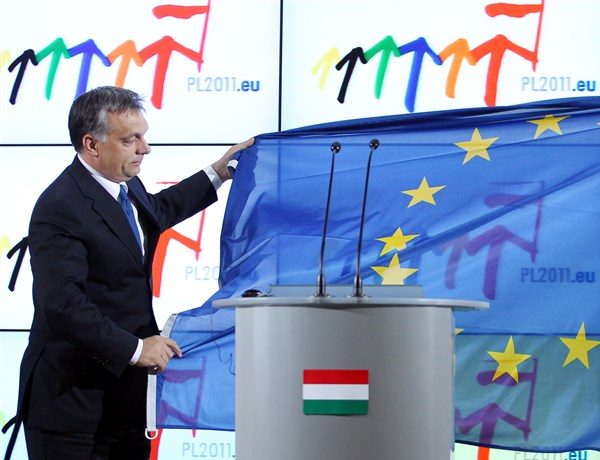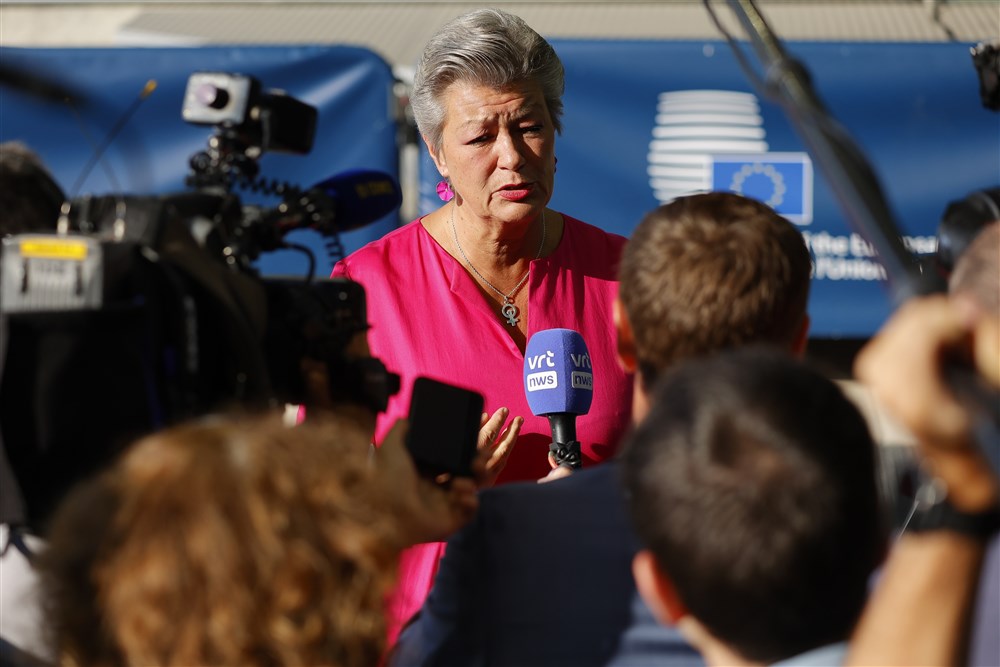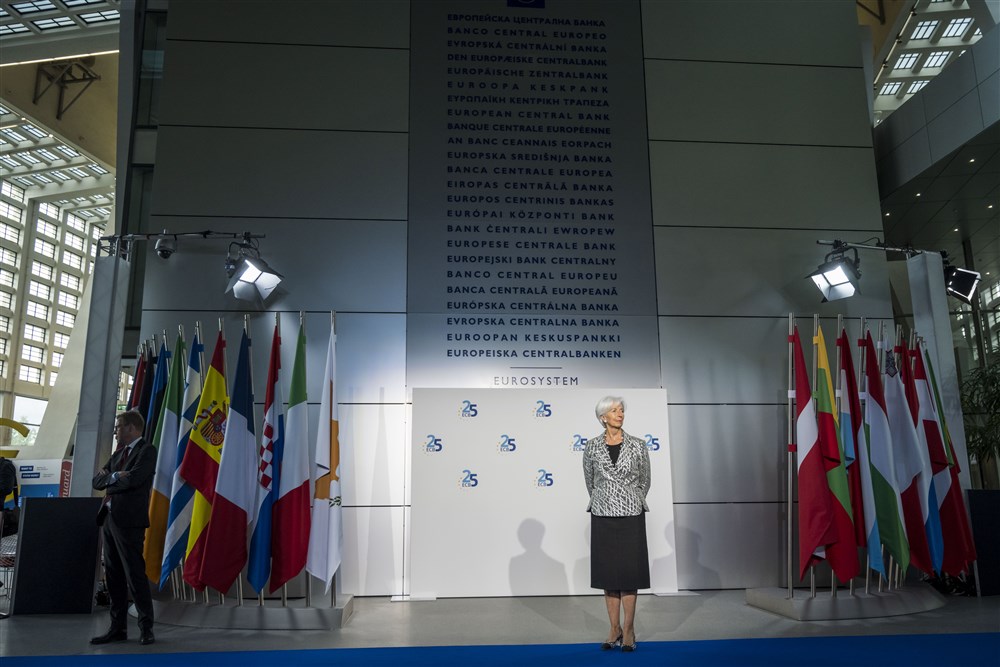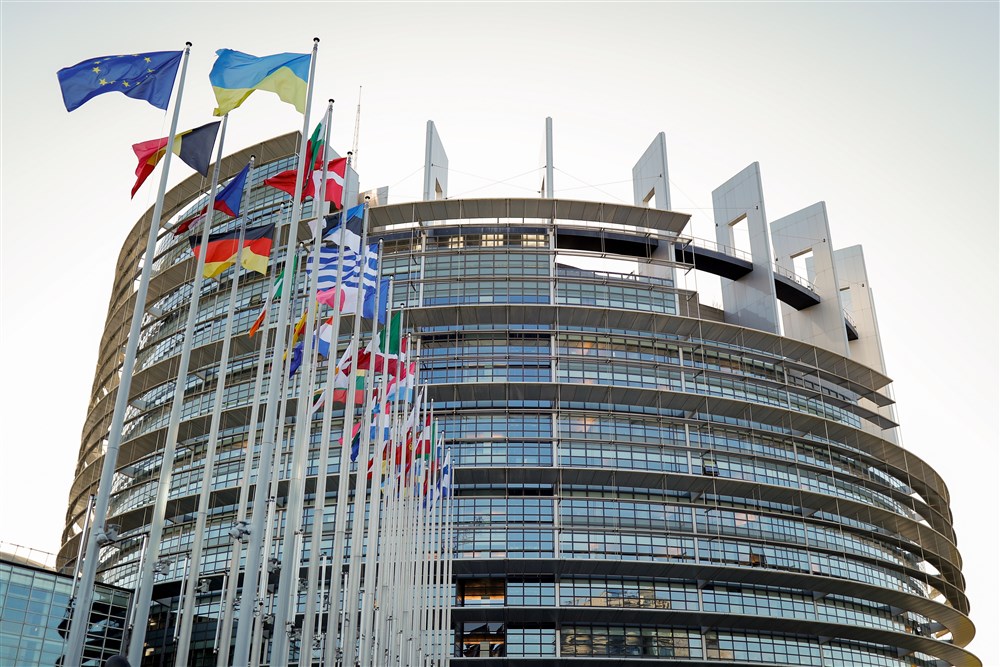The pro-European Union party, Europe Now Movement (PES), appears to have gained the majority of votes after Montenegro’s snap national elections on June 11.
According to preliminary polls, the PES garnered 25.6 per cent of the vote, with the once all-powerful Democratic Party of Socialists (DPS) behind at 23 per cent.
The apparent victory follows PES candidate, Jakov Milatović, being installed as the country’s presidential leader in an April election, beating the long-time incumbent and DPS strongman, Milo Đukanović.
Đukanović had led Montenegro single-handedly, alternating between the roles of Prime Minister and President from 1998. He had dissolved parliament days before the presidential vote, ultimately leading to Sunday’s elections.
After 30 years of political domination by Đukanović and the DPS, the past year has seen a major transformation of Montenegrin politics.
Speaking to Brussels Signal, a source close to the elections said that the DPS has seen its power steadily eroded, beginning with municipal elections last year. Our contact said that, while the party still has a strong political machine, it is now practically toothless in the country.
However, with Sunday’s election marking the fourth time voters have been called on in various run-offs in just nine months, serious electoral fatigue has become evident, with turnout this time down to around 56 per cent.
In addition, with the DPS clearly on the way out, there was no obvious alternative political vision to vote for, observers say. “Politics is not as interesting as it used to be,” said the PES leader, Milojko Spajić.
Alongside that, perceived widespread corruption amid accusations of wrongdoing led to what our source termed an “election by gaslight.”
Incidences that undermined public confidence included a threat to arrest Spajić, which one political insider likened to a “coup attempt”. There were also accusations that Spajić was in cahoots with a rogue Korean crypto-currency billionaire.
Following the latest round of voting, Montenegro faces an uncertain future.
Spajić has said that he does not wish to enter coalition agreements with either the DPS or the United Reform Action (URA) party, led by current Prime Minister, Dritan Abazović.
However, given the array of divergent parties entering parliament, some representing the ethnic Croatian, Bosnian, and Albanian minorities, it is not clear what the alternative might be.
Despite Spajić’s protestations, DPS leaders have signalled their willingness to enter a coalition with PES. Our source pointed out that, while Spajić may delay any such agreement, “eventually reality bites”, suggesting a coalition government made up of the PES, DPS and some smaller parties was the most likely outcome.
Montenegro has been an independent nation since it voted to leave its union with Serbia in 2006. However, as many as a third of Montenegrin citizens still identify themselves as Serbian.
The DPS has traditionally presented itself as a Montenegrin nationalist party, while many tout the PES as being a pro-Serbian one. Our source said the PES was best described as a “soft pro-Serbian” party and that, ultimately, national identity in Montenegro was “relatively fluid”.





